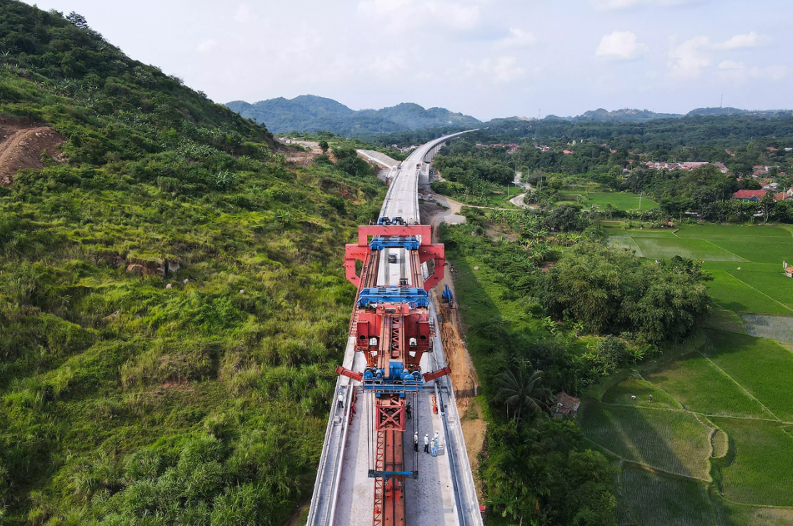China’s Belt and Road Initiative (BRI) stands as a key component of President Xi’s strategy to extend China’s global influence. Beijing asserts that it has entered into contracts worth over $2 trillion worldwide, promoting the initiative for its potential to channel resources and economic growth to the Global South. However, critics have raised concerns over BRI’s tendency to burden economically vulnerable nations with substantial debt.
During a recent announcement, Xi Jinping revealed plans to provide an additional $100 billion in loans for BRI projects. This funding will be facilitated through China Development Bank and the Export-Import Bank, with both institutions earmarking 350 billion yuan for BRI projects. An additional 80 billion yuan will be allocated to the Silk Road fund. This announcement came during a forum attended by representatives from 130 countries, marking the third significant summit of its kind since the launch of the Belt and Road Initiative in 2013.
Despite its global scale, the BRI has faced criticism on various fronts. Detractors point to opaque pricing in projects undertaken by Chinese companies, prompting countries like Malaysia and Myanmar to renegotiate agreements to reduce costs. Furthermore, China has been compelled to provide substantial bailout loans to BRI participant countries to help them manage their debt and remain financially viable. Environmental concerns have also arisen, as the extensive development of ports, pipelines, railways, and highways within the initiative could hinder efforts to achieve the Paris climate goals, according to warnings from researchers in China, the United States, and the United Kingdom in 2019.
(Source: AFP | Hong Kong Free Press)









